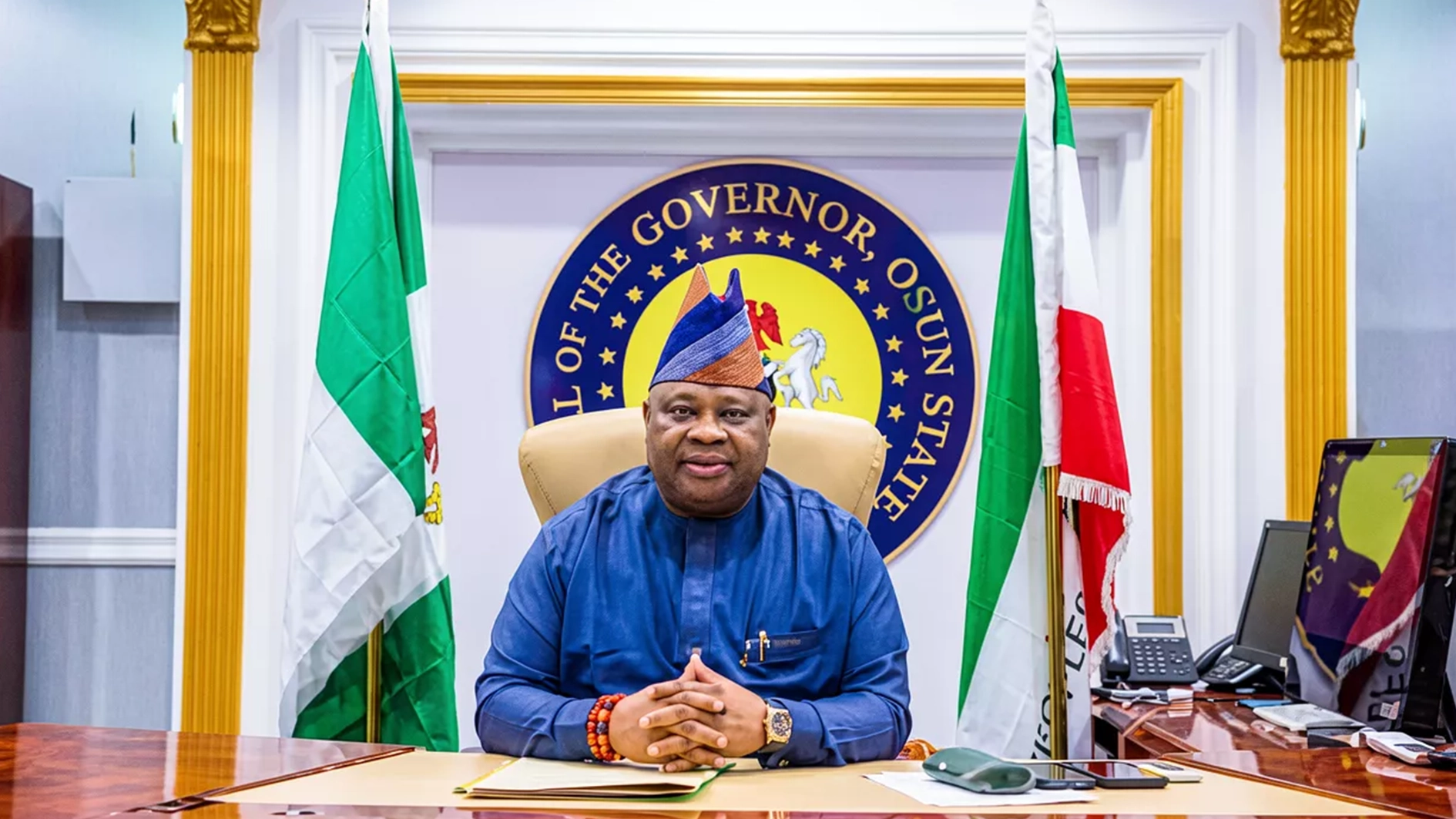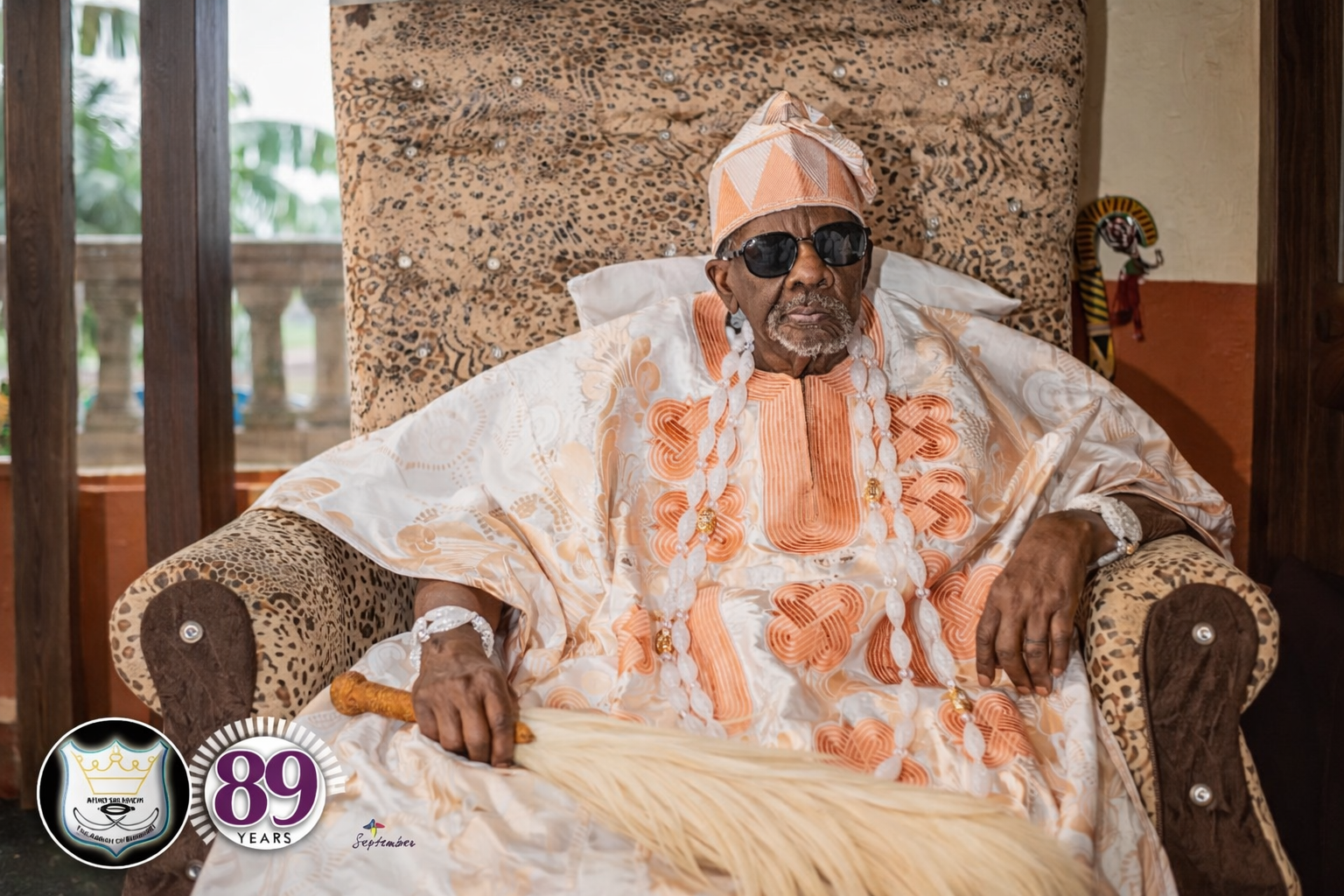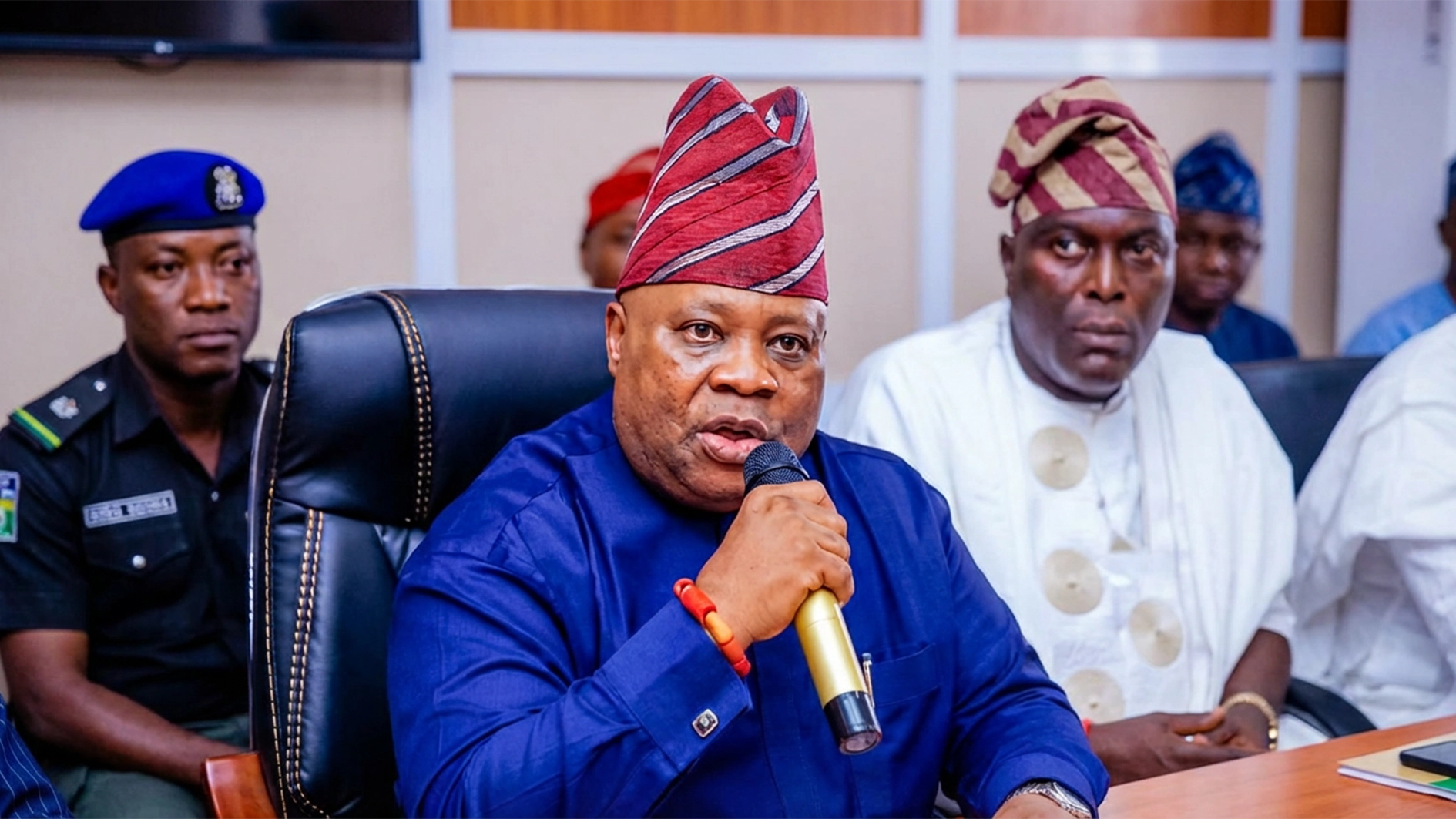Stakeholders across government, civil society, traditional institutions, the private sector, and forest-edge communities have issued a unified call for urgent and coordinated action to halt the accelerating destruction of forests and biodiversity in Cross River State.
The call was made during a stakeholder meeting held over the weekend in Calabar, convened by the Wildlife Conservation Society (WCS) and funded by the European Union under the Protection of Forests and Biodiversity in Cross River State (PROFAB) project.
Cross River State, which hosts the largest stretch of Nigeria’s remaining tropical rainforest and is home to rare and endangered species such as the Cross River gorilla, faces growing threats from deforestation, illegal logging, unsustainable agricultural practices, artisanal mining, wildlife trafficking, and policy inconsistencies.
Participants at the meeting noted with concern the weakness in the enforcement of forest and environmental laws, the inadequate capacity of state institutions, and the limited involvement of local communities in forest governance.
The stakeholders urged the Cross River State Government, the Federal Government, and local authorities to ensure the full enforcement of existing forestry and wildlife protection laws and prosecute violators to deter further destruction.
They called for the empowerment of the Cross River State Forestry Commission to effectively fulfil its legal mandate, supported by adequate funding and political will. They stressed the importance of harmonising policies among government agencies, traditional institutions, security forces, and protected area managers to enhance coordination and prevent illegal activities within protected landscapes.
The communique stressed the urgent need to promote community-based forest management through secure land tenure, participatory decision-making, benefit-sharing mechanisms, and livelihood alternatives such as climate-smart agriculture, agroforestry, ecotourism, and the development of non-timber forest products.
Stakeholders further called for a consistent policy approach that resists pressures to de-reserve forest areas in favour of cash crop expansion, particularly in cocoa-producing zones.
To strengthen forest protection, the stakeholders proposed the deployment of modern technologies for real-time monitoring and early detection of illegal activities.
They also highlighted the need to raise public awareness through environmental education campaigns, integrate conservation into school curricula, and build local capacity through training and knowledge sharing. Enhanced inter-agency collaboration was seen as vital to tackling the drivers of forest degradation and biodiversity loss.
The stakeholders committed to leveraging international climate finance and carbon market opportunities, such as through REDD+ and similar initiatives, to support long-term conservation goals and deliver tangible benefits to local communities.
They also called for the development and implementation of a comprehensive forest and biodiversity management plan, with clearly defined roles for all actors involved.
A final appeal was made for increased budgetary allocation by the government and donor support for forest and biodiversity protection programmes in the state. Stakeholders emphasized that Cross River’s forests are critical not only for Nigeria’s environmental future but also for global biodiversity, local livelihoods, and climate resilience.
The resolutions and appeal were formally adopted and signed by representatives of civil society, traditional institutions, and local government authorities, including HRM Fredaline Akandu (Boki LGA), HRM Amb. Anthony Etta (Etung LGA), Dr. Odigha Odigha for civil societies, and eleven others, reflecting a broad-based commitment to take immediate and sustained action.
The communique concluded with a clear message: protecting forests and biodiversity in Cross River State is not merely an environmental issue, but a social, economic, and moral obligation to current and future generations.






